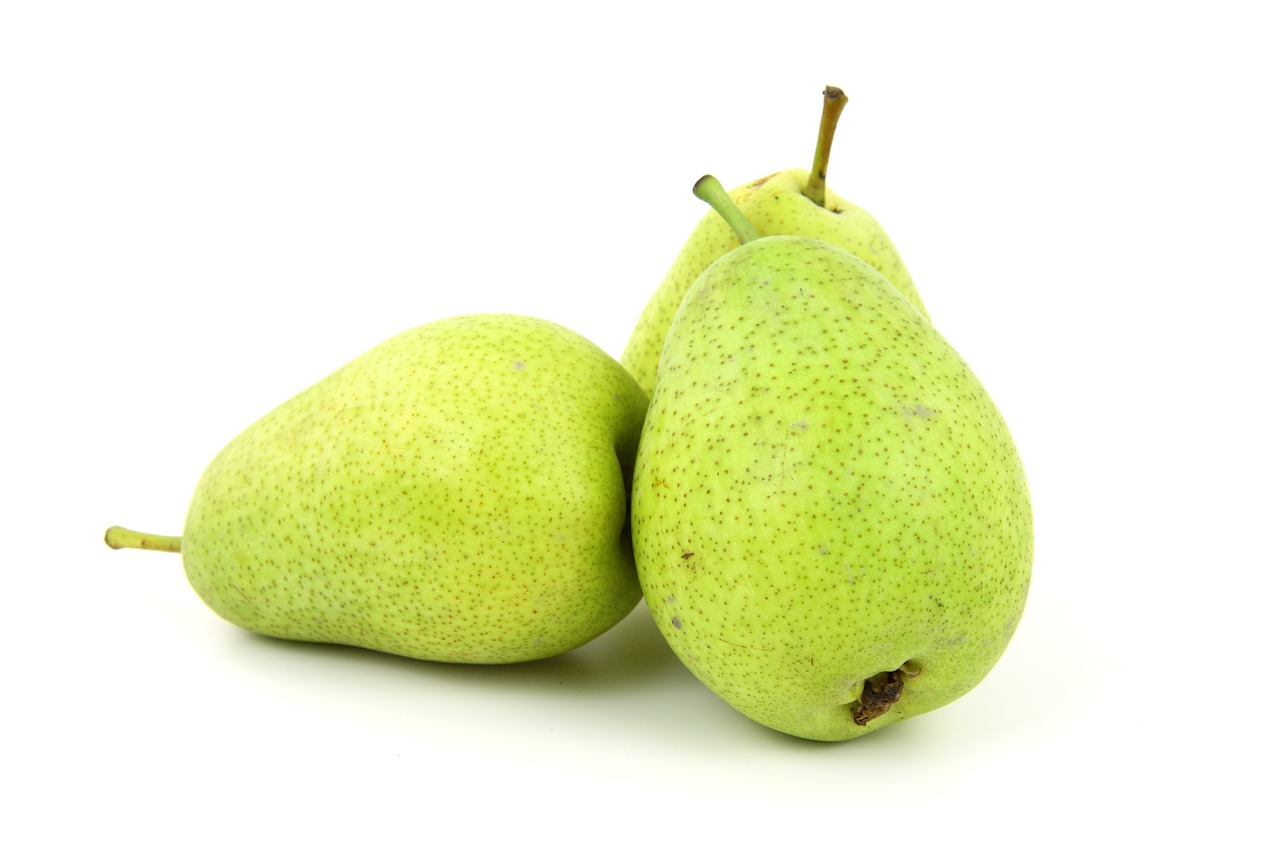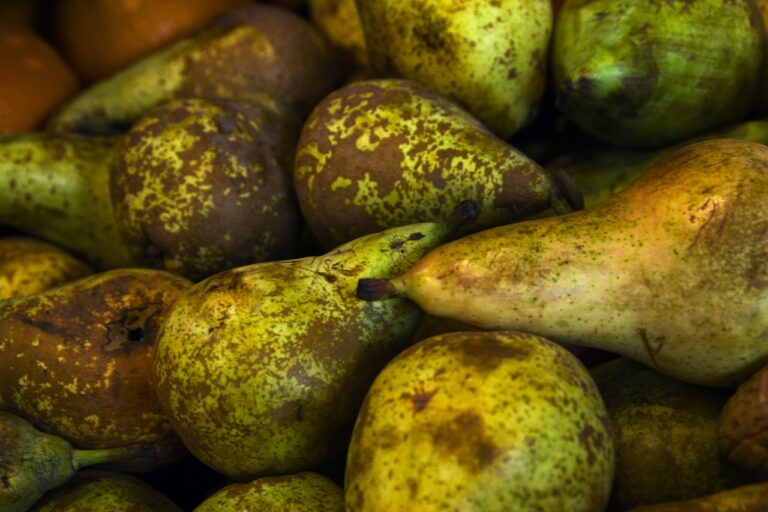The Science Behind Food Biotechnology and Genetic Engineering
Food biotechnology is a branch of science that involves the use of technology and genetic engineering to modify organisms for the production of food. By manipulating the genetic material of plants and animals, scientists can enhance qualities such as nutritional content, flavor, and resistance to pests and diseases. This process allows for the development of new and improved food products that can benefit both consumers and producers in various ways.
Through the use of biotechnology, researchers can create crops that are more resilient to adverse environmental conditions, ultimately increasing agricultural yield and promoting food security. Additionally, this technology enables the production of foods with enhanced nutritional value, addressing issues such as malnutrition and deficiencies in certain populations. Overall, food biotechnology plays a significant role in shaping the future of food production and consumption, offering innovative solutions to global food challenges.
Applications of Genetic Engineering in Food Production
Genetic engineering plays a crucial role in enhancing food production by introducing desirable traits into crops. Through this technology, scientists can modify plants to be more resistant to pests, diseases, and harsh environmental conditions. By incorporating genes that produce natural pesticides, crops can better defend themselves against harmful insects, reducing the need for chemical pesticides. This not only benefits the environment by decreasing the use of harmful chemicals but also improves the overall quality and yield of the crops.
Furthermore, genetic engineering allows for the development of crops with enhanced nutritional profiles. Scientists can introduce genes that increase the levels of essential nutrients in plants, making them more nutritious for consumption. For instance, biofortification is a technique that involves enriching crops with vital vitamins and minerals like Vitamin A, iron, and zinc. This innovative approach helps address nutritional deficiencies in populations that rely heavily on specific staple foods, ultimately improving public health on a global scale.
What is food biotechnology?
Food biotechnology refers to the use of advanced genetic engineering techniques to modify the DNA of plants and animals in order to improve their traits for food production.
What are some applications of genetic engineering in food production?
Some applications of genetic engineering in food production include creating crops that are more resistant to pests and diseases, enhancing nutrient content in fruits and vegetables, and increasing crop yield.
How does genetic engineering help in producing more sustainable food?
Genetic engineering can help in producing more sustainable food by developing crops that require less water and pesticides, which can reduce the environmental impact of agriculture.
Are genetically modified foods safe to consume?
The safety of genetically modified foods is rigorously tested by regulatory agencies before they are approved for consumption. Numerous studies have shown that genetically modified foods are safe to eat.
How can genetic engineering help address food security issues?
Genetic engineering can help address food security issues by developing crops that are more resilient to climate change and pests, thus ensuring a more reliable food supply for a growing population.







